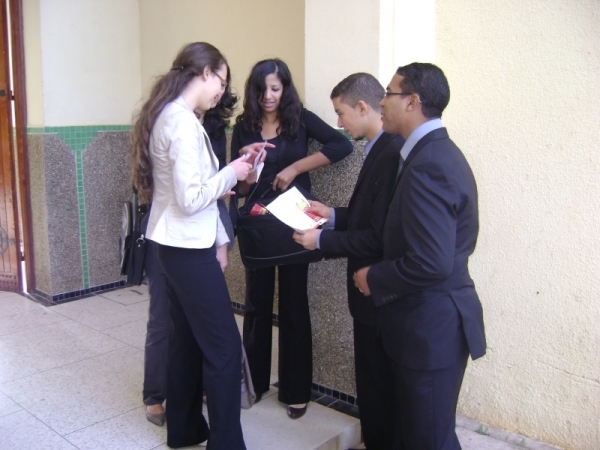
Do you have a sense of enormous wellbeing?
How is your ‘Personal Wellbeing’? How happy are you? How worthwhile do you feel your life is? These are more complex and valid questions than you make think, and some scientists and researchers are investigating the subject.
With the passing of the year 2000 and its none-existent bug, having safely embarked upon the next 1000, scientists started looking at us as a species and wondering how we were likely to cope with the vast technological changes we were now undergoing, and would continue to in the future. Now, for the first time in human existence, over half the world’s population live in towns and cities, and the world is ‘interconnected’as never before. Are we as humans designed to cope with this situation? Is it genuinely good or bad for us? Studies of our ‘Mental Capacity and Wellbeing’ were commissioned in the early 2000s, and continue to monitor our collective progress.
You might think that in our country there was every reason to be cheerful. We’re the seventh richest nation in the world, in the top ten least corrupt, our education system is top twenty , and we have a temperate (if rain prone) climate, not often given to extremes of weather. And yet… the mental health statistics are not so encouraging. 1 in 6 of us experience anxiety and depression, and between 4 and 10% will exhibit general mental ill-health symptoms. These things are now regarded as important, as is finding what it is in modern life that causes such affecting stress and strain.
There have been various responses to these studies. One of them is that now a ‘Happiness Index’ of the UK population as a whole is produced each year by the Office for National Statistics ( ONS ). Another has been for local authorities to take some responsibility for wellbeing. It is thought that if we feel our lives are worthwhile we’ll work better ( and then our productivity will go up – a kind of modern ‘holy grail’ ) ; we’ll also live together better in our communities.
The real breakthrough in this search for health and ‘wellbeing’ came about when local councils combined with health authorities. The popular outcome of this is supposed to be when hospitals collaborate with local councils to provide care for the elderly. But there are much wider implications. Medical advisers and academics have come up with a simple plan for us to keep mentally and physically fit in order to be able to flourish in the modern world. These include: connecting with people around you ; being active; giving to others, both for the good it does and for the good feeling you get; and practising ‘mindfulness’.
Finally, it is worth remembering that perhaps one of the most important things you can do to keep yourself happy and involved with life is to maintain the learning habit. Just like you are now, with Oxford Open Learning!
